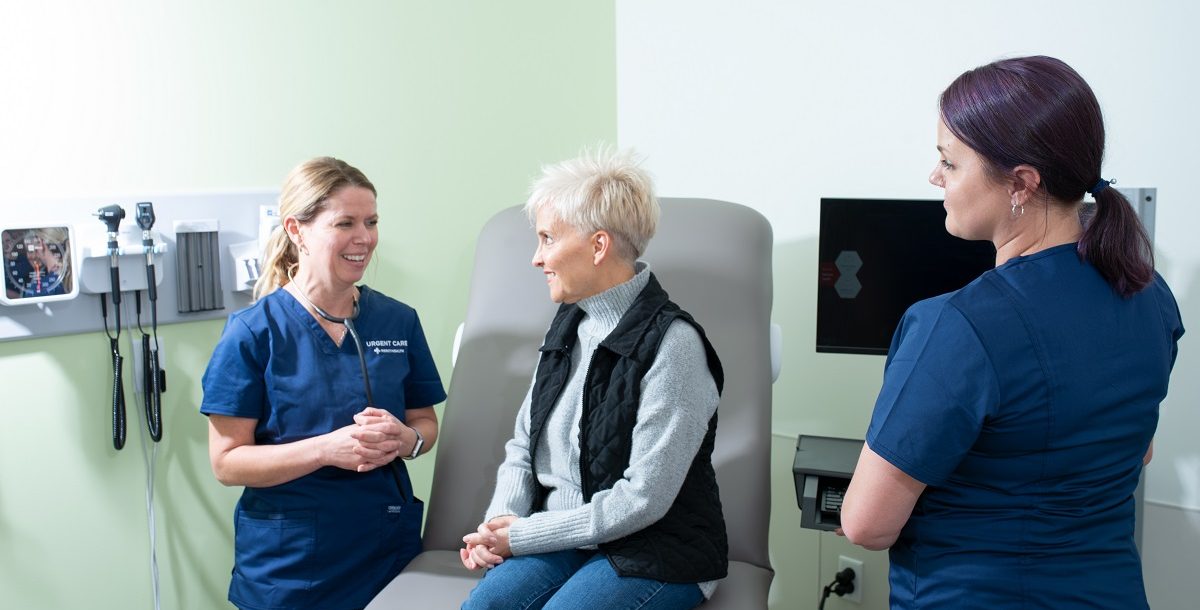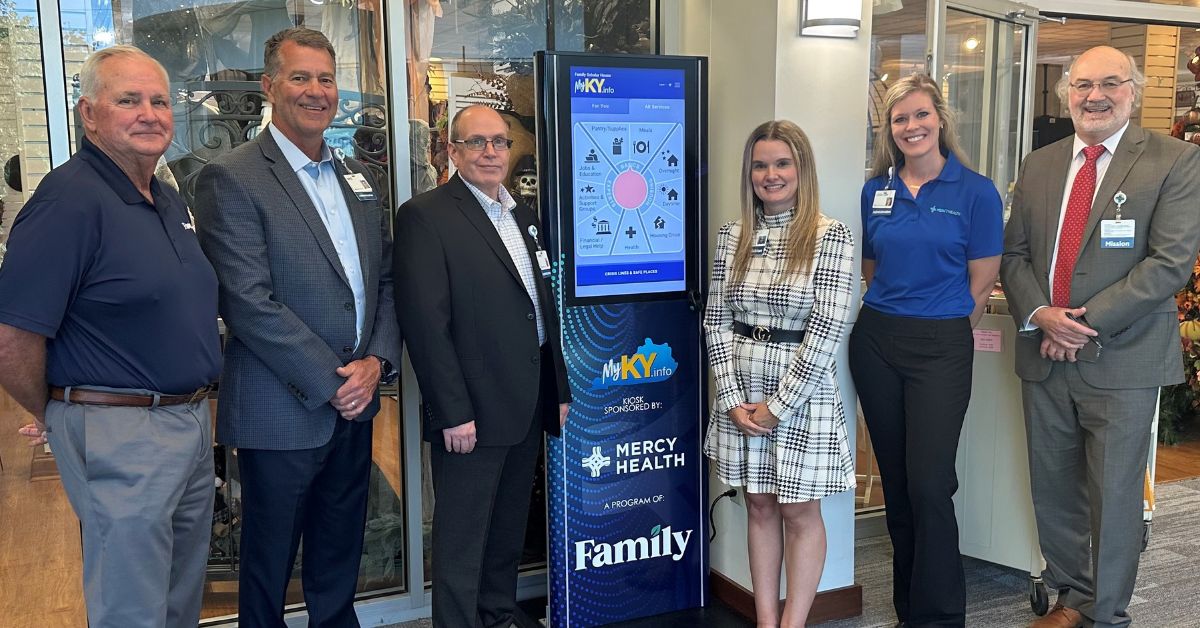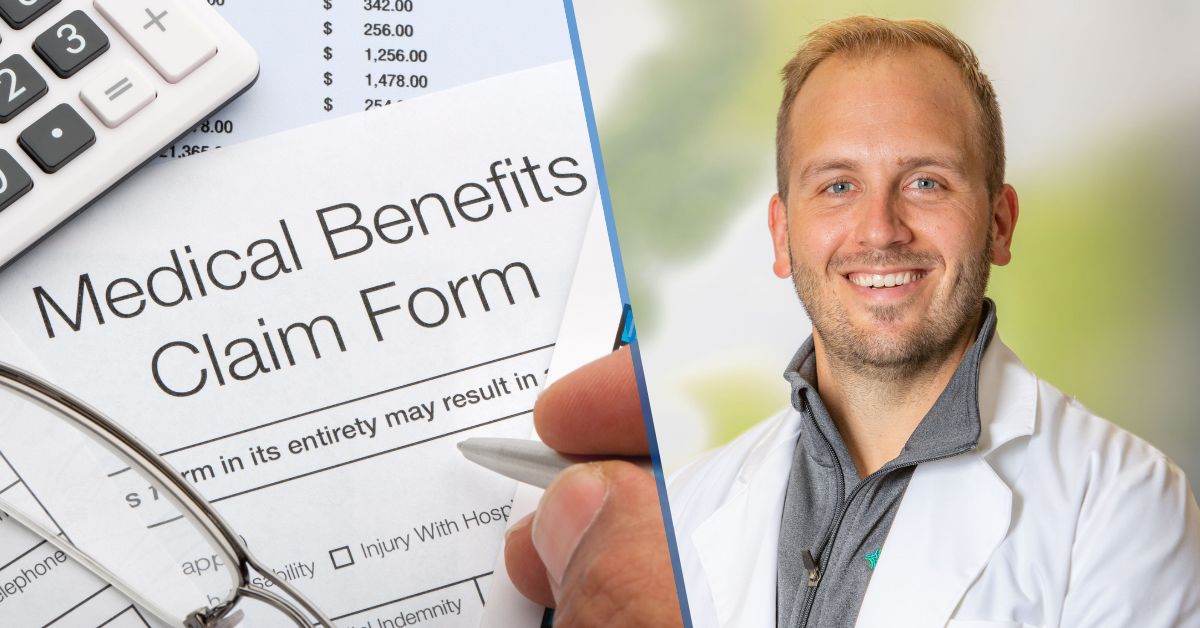When you visit a Mercy Health Urgent Care, you will be greeted by a team of highly skilled health professionals, all trained to care for an array of minor illnesses or injuries.
But you may also wonder, what do those abbreviations after their name mean? While each member of your care team, from Medical Assistant (MA) or Emergency Technician (EMT) and X-Ray Technologist (RT) to Nurse Practitioner (ARNP or NP), Physician Assistant (PA) or Physician (MD) contributes to your care, we know it’s helpful to understand their specific role(s) and expertise:
Medical Assistants or MAs are trained to work alongside NPs, PAs and Physicians. In the urgent care setting, MAs typically perform tasks such as patient check in, health history, blood pressure, immunizations and vital signs and may also assist with minor procedures. MAs generally go to school from 9 months to 2 years, depending on the program.
Emergency Medical Technicians or EMTs perform task similar to MAs in the urgent care setting. As the name implies, EMTs are traditionally trained to work in emergency settings, such as ….
EMT training varies, depending on the level of certification. In the urgent care setting, EMTs receive extensive training in for “first response” settings, including blood pressure, wound care, CPR and skills similar to MAs. They also serve a similar role to our MAs.
X-Ray Technologists or RTs typically focus on performing a variety of imaging procedures. In our urgent care setting, RTs also assist with patient check in and frequently obtain specimens and complete lab tests. This “cross training” allows each member of the team to support you – in getting the care you need as quickly as possible.
RTs are required to attend a two-year associate degree program or obtain a certificate in an X-Ray technologist program.
Nurse Practitioner, also referred to as ARNPs or NPs are Registered Nurses with advanced training and education. In the urgent care setting, NPs:
- diagnose and treat most minor illnesses and injuries
- order lab tests or X-rays
- perform minor procedures such as casting a minor fracture or stitching a minor cut
- prescribe medications
At minimum, ARNPs hold a Master’s Degree, with many programs now including additional education and awarding these professionals a Doctoral Degree. In general, NP training includes both classroom education and additional “hands on” or specialty training in settings such as a family practice clinic or an emergency room.
Physician Assistant or PAs, also possess advanced training and expertise and their role in our urgent care clinics is identical to NPs, as noted above.
PAs attend a formal training program, lasting a little over two years and usually receive credentials similar to Nurse Practitioners, a Master’s or Doctoral Degree. PAs are nationally credentialed and state certified to practice in a variety of health care settings, including emergency rooms, doctor’s offices and urgent care clinics.
Physicians or MDs (Medical Doctor) have a unique role in urgent care clinics. Because most urgent care clinics across the nation rely on NPs and PAs for most urgent care visits, physicians serve as care partners with NPs and PAs. Together, they ensure you always receive the highest quality of care.
In terms of training, physicians attend medical school after completing an undergraduate degree. Following graduation from medical school physicians get additional training via a residency program focused on a specific area of medicine such as family medicine, pediatrics or emergency medicine, to name a few. Most of our physicians who work in the urgent care setting are trained in primary care or emergency medicine, which is the ideal background for the services we provide.
And, when you walk into any of our urgent cares, you’ll be greeted by a member of the registration team, our customer service heroes who will help get your checked in and ready for your visit. So while we understand the alphabet soup of abbreviations may be confusing, you shouldn’t be confused about the care you’ll receive at our urgent care clinics – it’s exceptional care, made for you!






